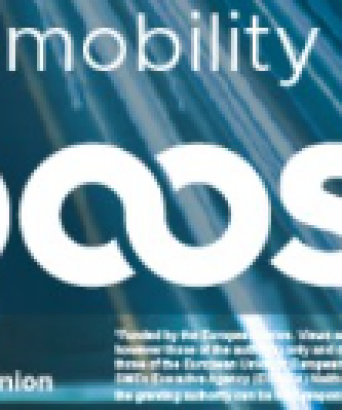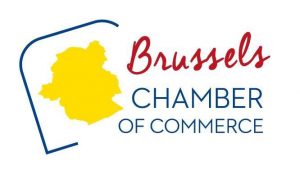24 million SMEs represent 99% of all businesses and two thirds of private sector jobs in the EU. They generate more than half of value added in the non-financial business sector. The main issues facing SMEs today are Regulatory Skills or administrative burden and payment delays.
The SME Relief package, put forward on 12 September, brings new measures that will provide short-term relief, boost SMEs’ long-term competitiveness, and strengthen fairness in the business environment across the Single Market. As part of these measures, the Commission also published new proposals for a Regulation on late payments in commercial transactions and a Directive establishing a Head Office Tax System for SMEs. Additional initiatives aim at further boosting SMEs’ access to finance, improving the business environment and supporting SMEs’ growth into mid-caps to unleash their full economic potential.
In particular, the new Regulation on combatting late payments in commercial transactions tackles payment delays, an unfair practice that compromises the cash flow of SMEs and hampers the competitiveness and resilience of supply chains. The new rules will repeal the 2011 Directive on late payments and will replace it with a Regulation. The proposal introduces a stricter maximum payment limit of 30 days, eliminates ambiguities and addresses the legal gaps in the current Directive. The proposed text also ensures an automatic payment of accrued interest and compensation fees and introduces new enforcement and redress measures to protect companies against bad payers.
The Head Office Tax System for SMEs will give SMEs operating cross-border through permanent establishments the option to interact with only one tax administration – that of the Head Office – instead of having to comply with multiple tax systems. This proposal will increase tax certainty and fairness, reduce compliance costs and distortions in the market that influence business decisions, while minimising the risk of double and over taxation and tax disputes. The expected decrease in compliance costs should, in particular, foster investment and cross-border expansion in the EU. SMEs operating in different Member States will be able to fully maximise the freedom of establishment and the free movement of capital without being hindered by unnecessary tax related obstacles.
In addition, the Commission’s SME Relief Communication proposes several non-legislative measures to support SMEs and ensure their full economic potential is harnessed:
- Improve the current regulatory environment for SMEs by building on the successful first full year of application of the ‘one in one out principle’ (€7,3 billion net cost savings), improving the application of the SME Test and consistently considering SME needs across future EU legislation, for example through longer transition periods for SMEs. The Commission will appoint an EU SME Envoy to provide guidance and advice to the Commission on SME issues, and advocate SME interests externally. The Commission will also promote the use of regulatory sandboxes to foster SMEs’ experimentation and innovation.
- Simplify administrative procedures and reporting requirements for SMEs by launching the Once-Only Technical System (part of the Single Digital Gateway) by the end of 2023, allowing SMEs to complete administrative procedures across the Single Market without the need to re-submit documents. The Commission will simplify and digitalise cumbersome procedures, such as declarations and certificates for the posting of workers (such as the so-called A1 document on social security rights). In addition, the Commission will build on the initial steps taken before the summer towards the 25% reduction in reporting obligations announced in March 2023, with further proposals in the coming weeks, as well as measures to systematically map such burdens and develop targeted rationalisation plans for future years.
- Boost investments available for SMEs, on top of more than €200 billion available to SMEs under the EU’s various funding programmes running until 2027. Build on the success of the SME window of InvestEU by encouraging Member State transfers to national compartments in that window and ensuring that part of the proposed €7.5 billion EU guarantee under a new dedicated Strategic Technologies for Europe Platform (STEP) window of InvestEU is also available for SMEs. A simple and standardised methodology will support SMEs in reporting on sustainability topics, thereby facilitating access to sustainable finance.
- Enable a skilled workforce for SMEs to flourish by continuing to support training actions provided by the Large Skills Partnerships under the European Pact for Skills and other support initiatives to match skills with the needs of SMEs from the European labour market.
- Support SMEs’ growth by reviewing, by the end of 2023, the current SME definition thresholds and developing a harmonised definition and potentially adapting certain obligations for small mid-cap companies to unleash their full economic potential.
Source : DG Grow
SMEs willing benefit from support to navigate in the EU Single market legislation and regulatory environment can contact Enterprise Europe Brussels for information and advice.





